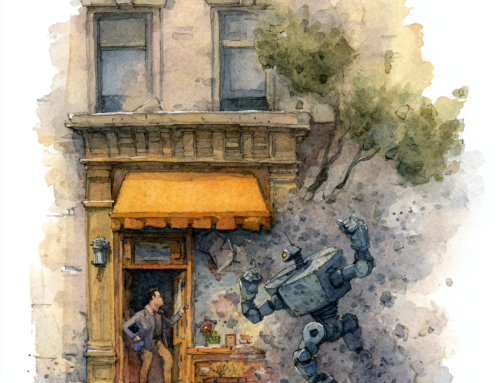What’s Changed in SEO Since AI Took Over Search
Search engines no longer just scan for exact keyword matches — they understand the meaning and context behind a search. Google’s AI models, like BERT and MUM, are trained to interpret natural language, questions, and even subtle intent. That means keyword stuffing is dead.
Today, AI also powers much of your competition. Anyone can spin up pages of content quickly, but that also means the web is flooded with similar articles. Standing out now depends on quality, authority, and offering something unique that keeps visitors on your site.
Another big change is how search results are presented. AI-generated overviews, featured snippets, and “People Also Ask” boxes give quick answers right on the results page. You need to provide value that goes beyond those summaries so people click through to your site.
What This Means for Your Website
Your website content needs to answer search queries, not just mention keywords in passing. If someone searches for “best time to plant tomatoes in Pennsylvania,” an AI-driven search engine wants a clear, direct answer — not just a gardening article with that phrase buried inside.
Google’s ranking systems now lean heavily on E-E-A-T: Expertise, Experience, Authoritativeness, and Trustworthiness. This means having accurate information, showing real-world knowledge, and presenting your business as a credible source.
Location data is also a bigger factor than ever. AI blends the meaning of a query with the searcher’s location, so if you want local traffic, your site needs to clearly identify where you are and the areas you serve.
How to Adapt Your Website Content
- Write in a natural, conversational tone — AI rewards content that sounds human and directly addresses a reader’s question.
- Optimize for featured snippets by giving short, clear answers at the top of your page when possible.
- Keep your content fresh with regular updates, new service pages, or seasonal tweaks.
- Answer more questions with blog or news articles so your site covers a wider range of related queries.
Conclusion
AI has made search engines smarter and more intuitive — but also more competitive. If you want to be found, your website needs to speak the same language AI understands: clear answers, trustworthy information, and relevant local signals.
Having a static website that doesn’t change week to week or month to month is the wrong approach. To stay competitive, you need to keep adding content, answering more questions, and presenting your authority to both search engines and AI systems. The businesses that adapt their content now will be the ones getting clicks tomorrow.




